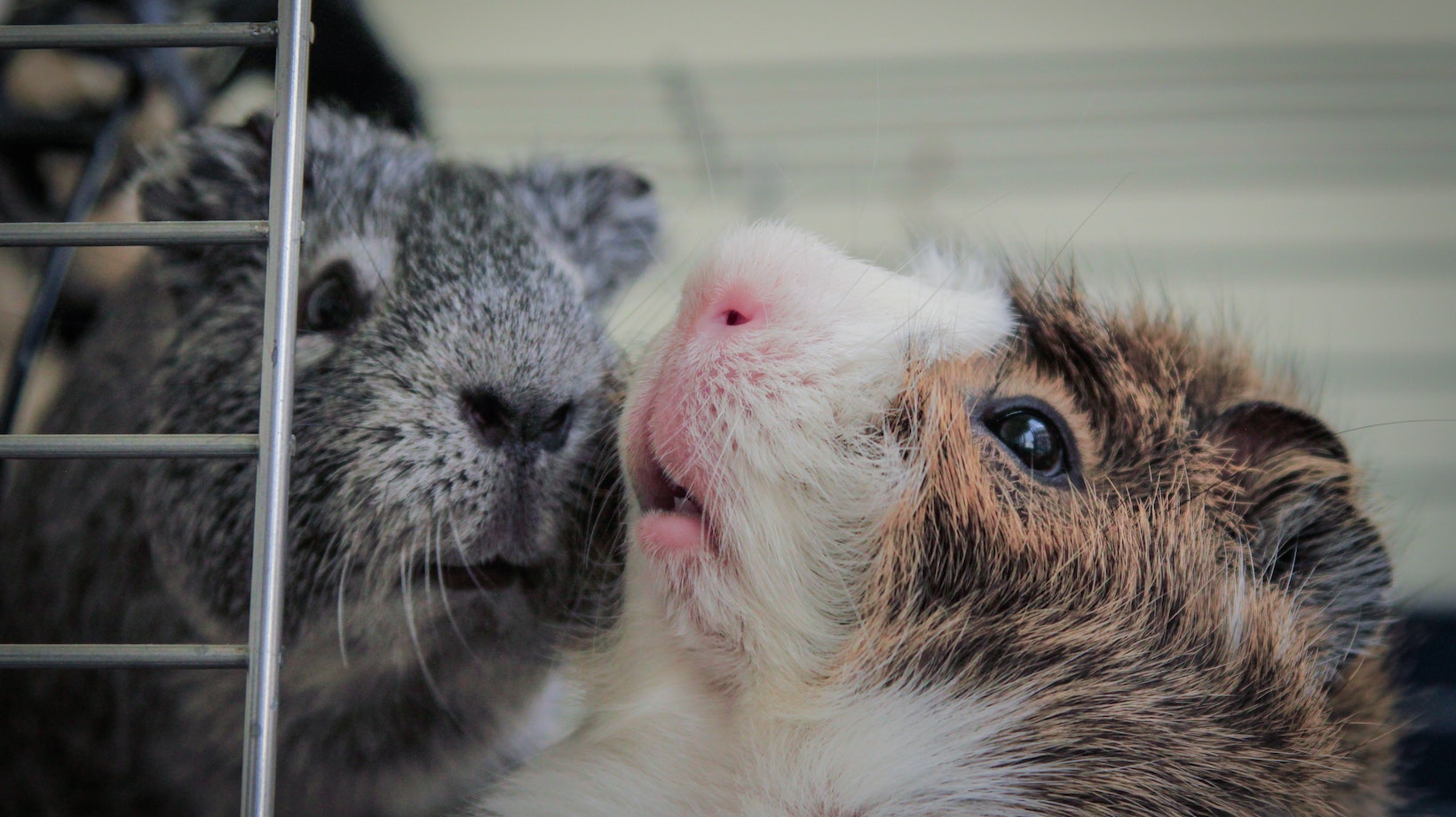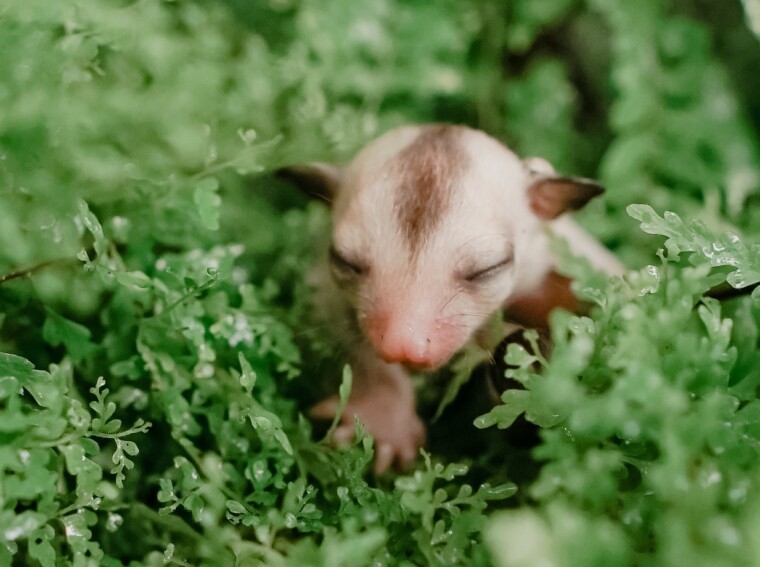What Does It Mean When a Possum is in Your House
Firstly, it’s important to understand that possums are opportunistic creatures known for their adaptability. If you discover one wandering around your home, it could simply be seeking shelter or searching for food. Possums are notorious scavengers and may be attracted to the smell of garbage or pet food left out overnight.
Secondly, it’s worth considering if there might be an entry point allowing the possum to access your house. These resourceful critters can squeeze through surprisingly small openings, such as gaps in the walls or under doors. Identifying and sealing any potential entry points can help prevent future visits from these furry intruders.
Lastly, if you find a possum inside your house, it’s advisable to contact a professional wildlife removal service. They have the expertise to safely capture and relocate the animal without causing harm. Remember, attempting to handle a wild possum yourself can result in injury or stress for both you and the animal.
Signs of a Possum in Your House
One of the telltale signs that you may have a possum in your house is the presence of unusual noises, especially during the night. These nocturnal creatures are known to be active when it’s dark outside, so if you hear scratching, scuttling, or thumping sounds coming from your walls, attic, or crawl spaces late at night, it could indicate the presence of a possum. Keep in mind that they are not stealthy animals and their movements can cause quite a commotion.
Damaged or Disturbed Attic Insulation
Possums are excellent climbers and they often find their way into houses through openings in the roof or attic. Once inside, they may cause damage to your attic insulation by tearing it apart or using it as nesting material. If you notice shredded insulation or disturbed areas in your attic with no obvious explanation, it’s worth investigating further as this could be a sign that a possum has made its way into your house.

Traces of Droppings or Urine
Another indication that you might have an unwelcome possum visitor is the discovery of droppings or urine stains around your home. Possum droppings resemble small black pellets and can often be found near entry points like vents, chimneys, or holes where they gain access to your house. Additionally, the smell of urine can be quite pungent and persistent if a possum has been using certain areas as its territory.
Why Do Possums Enter Houses?
When you find a possum in your house, it can be quite perplexing. You might wonder why these nocturnal creatures have decided to invade your living space. Well, let me shed some light on the matter and explain why possums enter houses.
- Shelter: Possums are opportunistic animals that seek shelter in various places, including houses. Your home provides them with protection from predators, extreme weather conditions, and other potential dangers.
- Food Sources: Possums are omnivores and will scavenge for food wherever they can find it. If there’s easily accessible food near or inside your house, such as garbage cans or pet food left outside, possums may be attracted to the area and venture inside in search of a meal.
- Nesting Sites: Possums are known to create nests in warm and secure locations. Attics, crawl spaces, and wall voids provide cozy spots for them to build their nests and raise their young.
- Accidental Entry: Sometimes, possums accidentally find themselves inside houses while exploring their surroundings or seeking refuge from danger outside.
It’s worth noting that having a possum in your house doesn’t necessarily mean there is an underlying issue or infestation problem. However, it’s important to address the situation promptly to prevent any damage or further intrusion.
If you encounter a possum in your house:
- Remain calm: Possums are generally non-aggressive creatures and will likely try to escape if given the chance.
- Open doors/windows: Provide an easy exit route by opening nearby doors or windows.
- Remove attractants: Secure garbage cans tightly and avoid leaving pet food outdoors overnight.
- Block access points: Seal any gaps or openings around your house that could serve as entry points for future visits.
- Seek professional help if needed: If you’re unable to safely remove the possum or suspect a larger infestation, it’s best to contact a wildlife removal expert for assistance.
Remember, possums are beneficial creatures that help control pests like insects and rodents. By understanding why they enter houses and taking appropriate measures, you can coexist peacefully with these unique marsupials.
